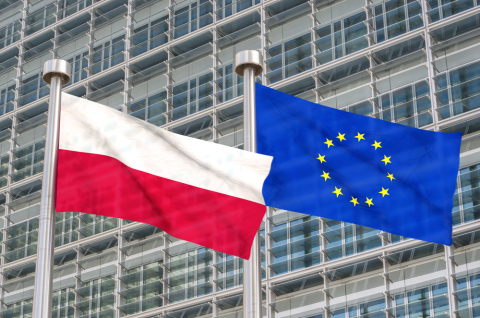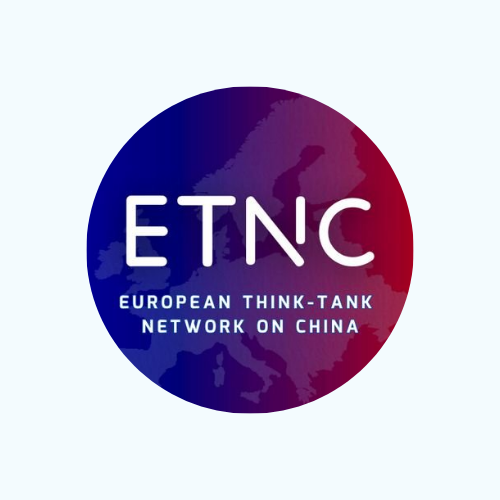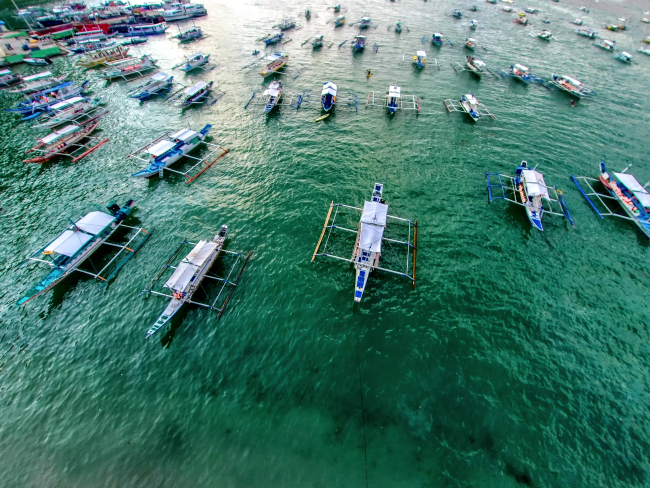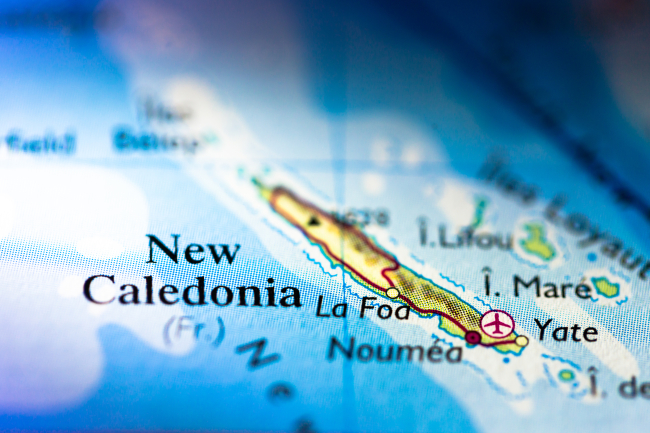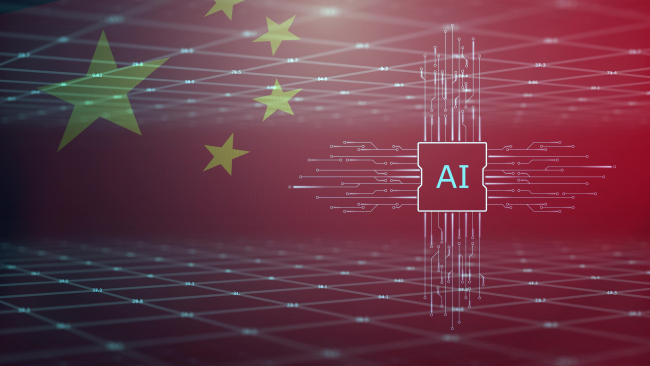Europe and China's New Silk Roads

As China elaborates on the design of its "Belt and Road Initiative" (OBOR), the place of Europe within this project is slowly but surely taking shape.
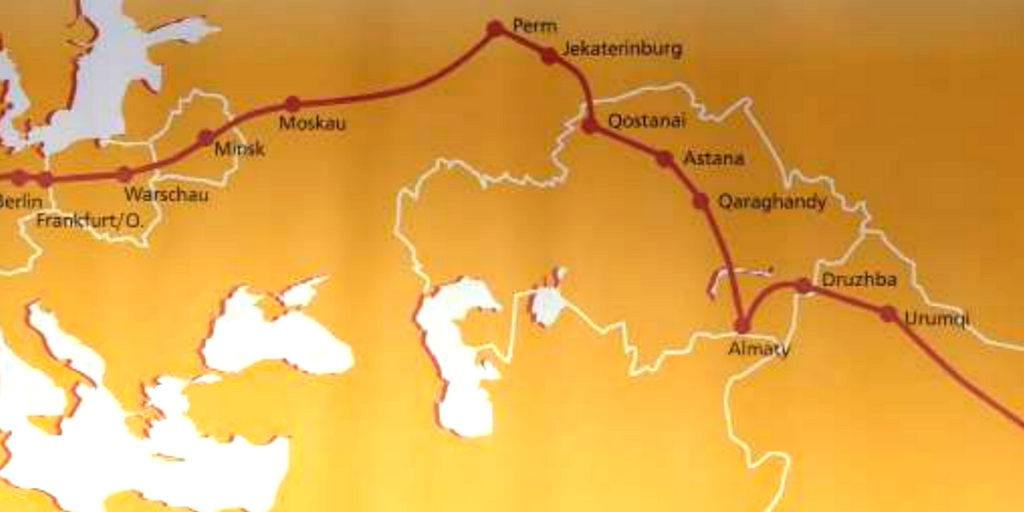
This report provides a comparative perspective of OBOR as seen from various European Union member states. The Chinese leadership officially launched the OBOR framework in autumn 2013, presenting it immediately as a key national concept and foreign policy priority for the years to come. This report covers the role of OBOR in the relations between China and fourteen EU member states, including all larger and many middle-sized countries, as seen from the European side. It does so by systematically treating three basic questions across a selection of EU member states and at the EU level itself:
• Which OBOR-related activities exist currently in the host countries and at the EU level?
• What is China’s approach towards individual EU member states with regard to OBOR?
• What are the perceptions and reactions in individual European countries and at the EU level?
This is the second report by the European Think-tank Network on China (ETNC), a network co-founded by Ifri and the Elcano Royal Institute in November 2014, and coordinated in conjunction with the Mercator Institute for China Studies (MERICS) and 14 other policy research institutes across Europe. The Netherlands Institute of International Relations ‘Clingendael’ provided key leadership in editing and publishing this second report.
Chapters of the report:
1. The Role of OBOR in Europe–China Relations
Frans-Paul van der Putten, Mikko Huotari, John Seaman, Alice Ekman and Miguel Otero-Iglesias
2. The Czech Republic: New Strategic Partnership with China, yet Little Real OBOR Touch
Rudolf Fürst
3. OBOR from a Danish Perspective: Still Mainly Limited to the AIIB
Andreas Bøje Forsby and Yang Jiang
4. France: On the Periphery of China’s New Silk Roads
John Seaman and Alice Ekman
5. Germany and the ‘Belt and Road’ Initiative: Tackling Geopolitical Implications through Multilateral Frameworks
Jan Gaspers and Bertram Lang
6. ‘One Belt, One Road’ Projects in Greece: A Key Driver of Sino–Greek Relations
Plamen Tonchev
7. Hungary: Along the New Silk Road across Central Europe
Tamás Matura
8. OBOR and Italy: Strengthening the Southern Route of the Maritime Silk Road
Nicola Casarini
9. The Netherlands and the New Silk Road: Threats and Opportunities resulting from Changing Trade Routes
Frans-Paul van der Putten
10. Poland on the Silk Road in Central Europe: To Become a Hub of Hubs?
Justyna Szczudlik
11. Portugal and OBOR: Welcoming, but Lacking a Strategy
Carlos Rodrigues
12. Slovakia: Disconnected from China’s New Silk Road
Gabriela Pleschová
13. Spain: Looking for Opportunities in OBOR
Mario Esteban and Miguel Otero-Iglesias
14. ‘One Belt, One Road’ in the Swedish Context
Elin Rappe and Mikael Weissmann
15. The United Kingdom: A Platform for Commercial Cooperation
Tim Summers
16. The EU Level: ‘Belt and Road’ Initiative Slowly Coming to Terms with the EU Rules-based Approach
Michal Makocki
Download the full analysis
This page contains only a summary of our work. If you would like to have access to all the information from our research on the subject, you can download the full version in PDF format.
Europe and China's New Silk Roads
Related centers and programs
Discover our other research centers and programsFind out more
Discover all our analysesThe Case for Enhanced France-Philippines Maritime Cooperation
France and the Philippines, two Indo-Pacific nations, can capitalize on their shared interests, needs, and expertise in maritime security and governance, ultimately fostering strategic rapprochement.
France’s maritime security cooperation in the Pacific
France plays a significant role in Pacific maritime security, particularly through the active participation of its overseas territories and the contribution of its stationed armed forces to regional cooperation initiatives.
Taiwan’s Rising Space Program: Building Up Industry, Supporting National Security
Taiwan, known for its leadership in semiconductors and information and communications technology (ICT), is now making significant strides in the space industry. While historically modest, Taiwan’s space program has seen a transformation since 2020, driven by President Tsai Ing-wen’s commitment to expanding the country’s space capabilities. Key milestones include the passage of the Space Development Act and the creation of the Taiwan Space Agency (TASA), which has bolstered the resources and visibility of Taiwan’s space ambitions.
AI and Technical Standardization in China and the EU: Diverging priorities and the need for common ground
Given the highly disruptive potential of AI, global cooperation on AI safety and governance is imperative, and yet the deeply transformational potential of AI also ensures that a high level of competition and systemic rivalry is likely unavoidable. How can the EU best manage its complex relationship with China in the field of AI so as to ensure a necessary level of cooperation in spite of competition and rivalry?





